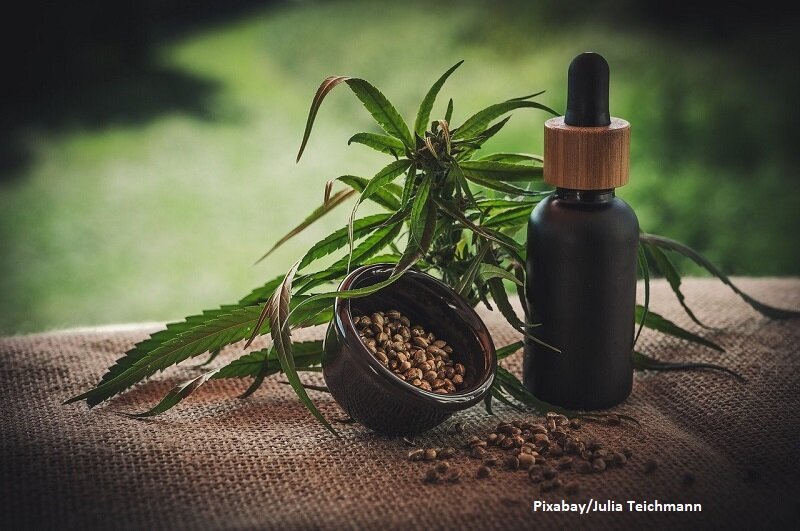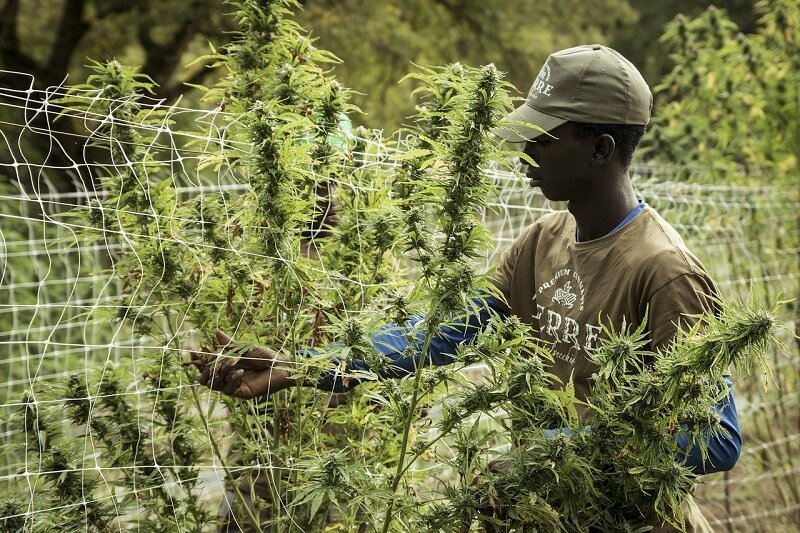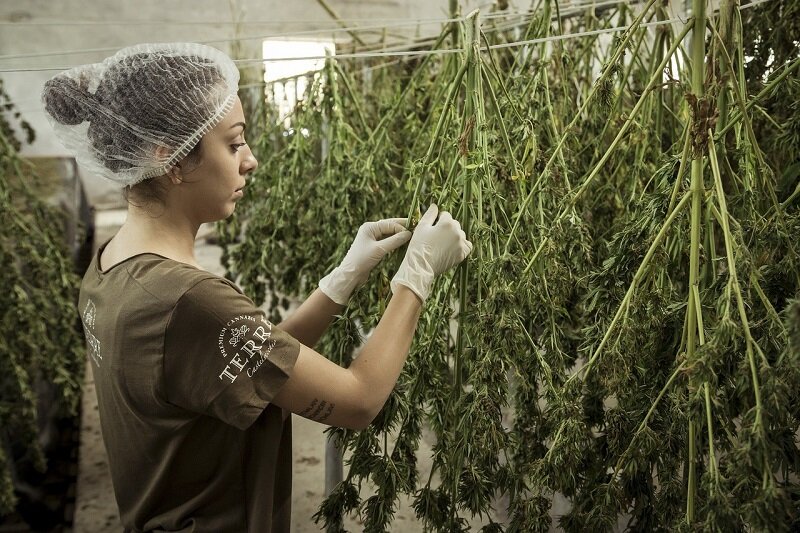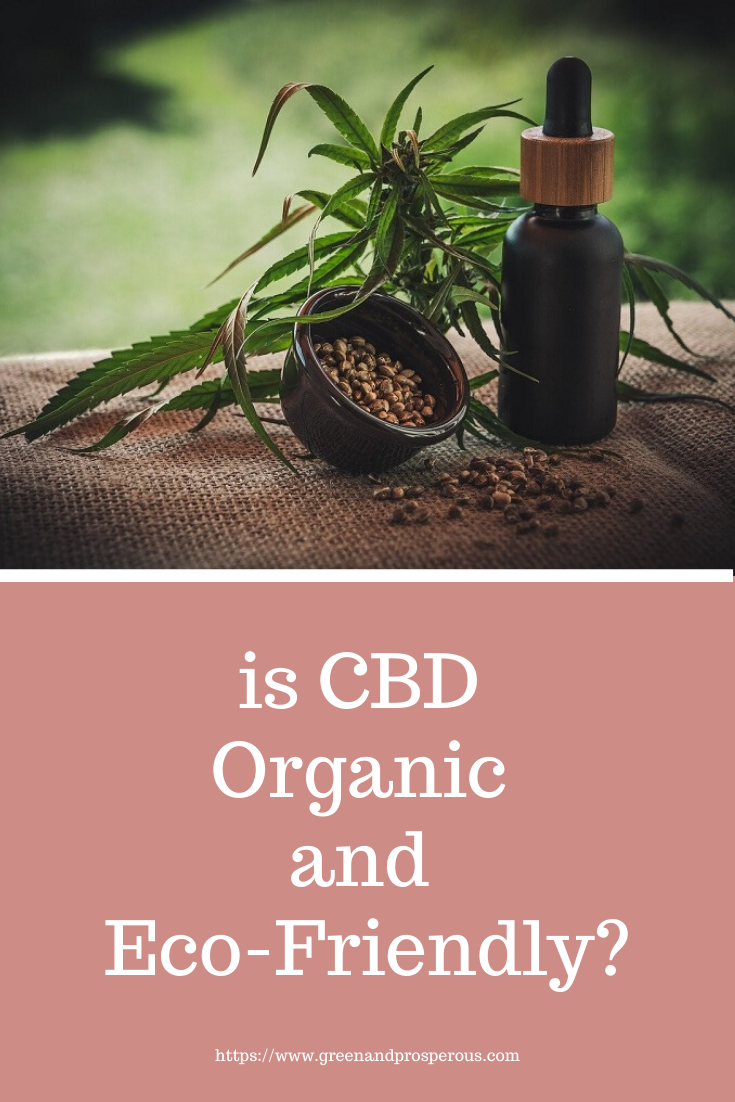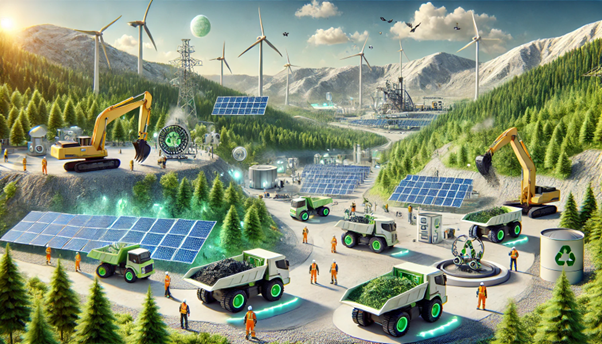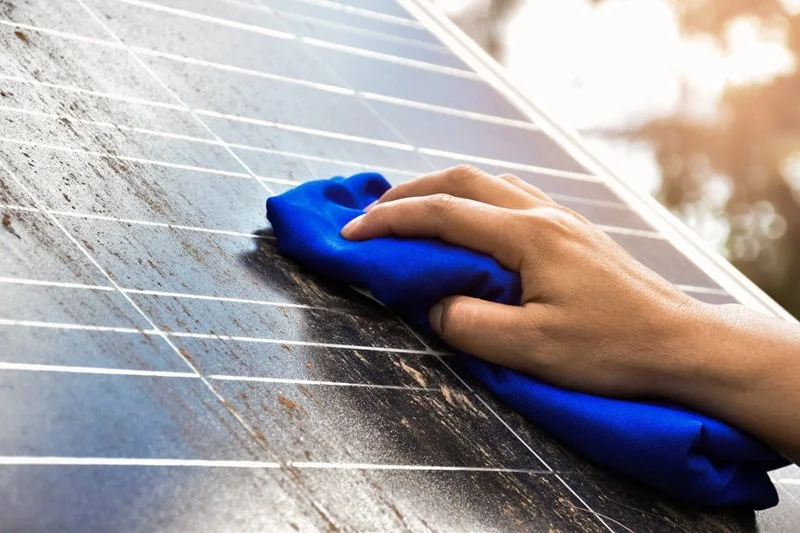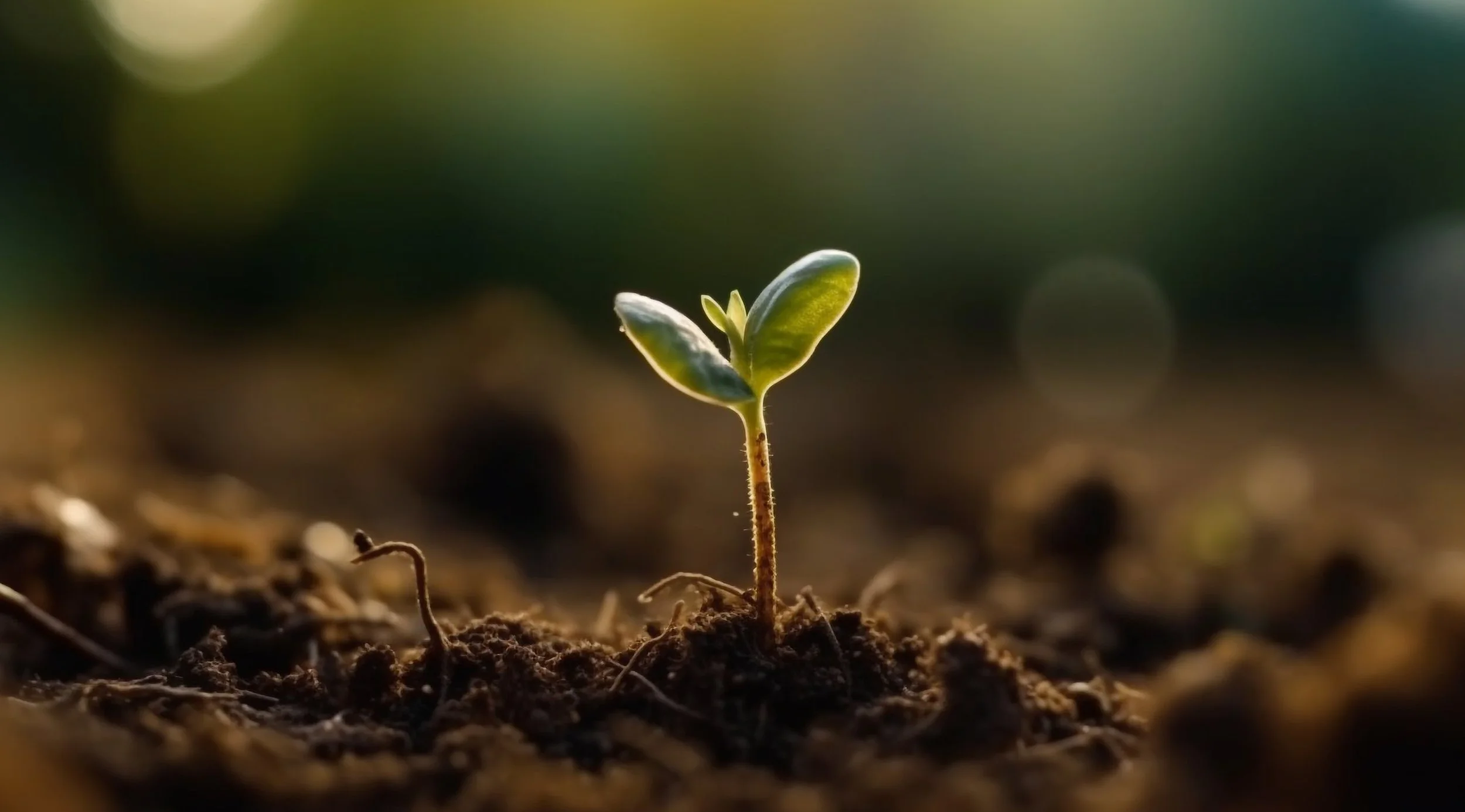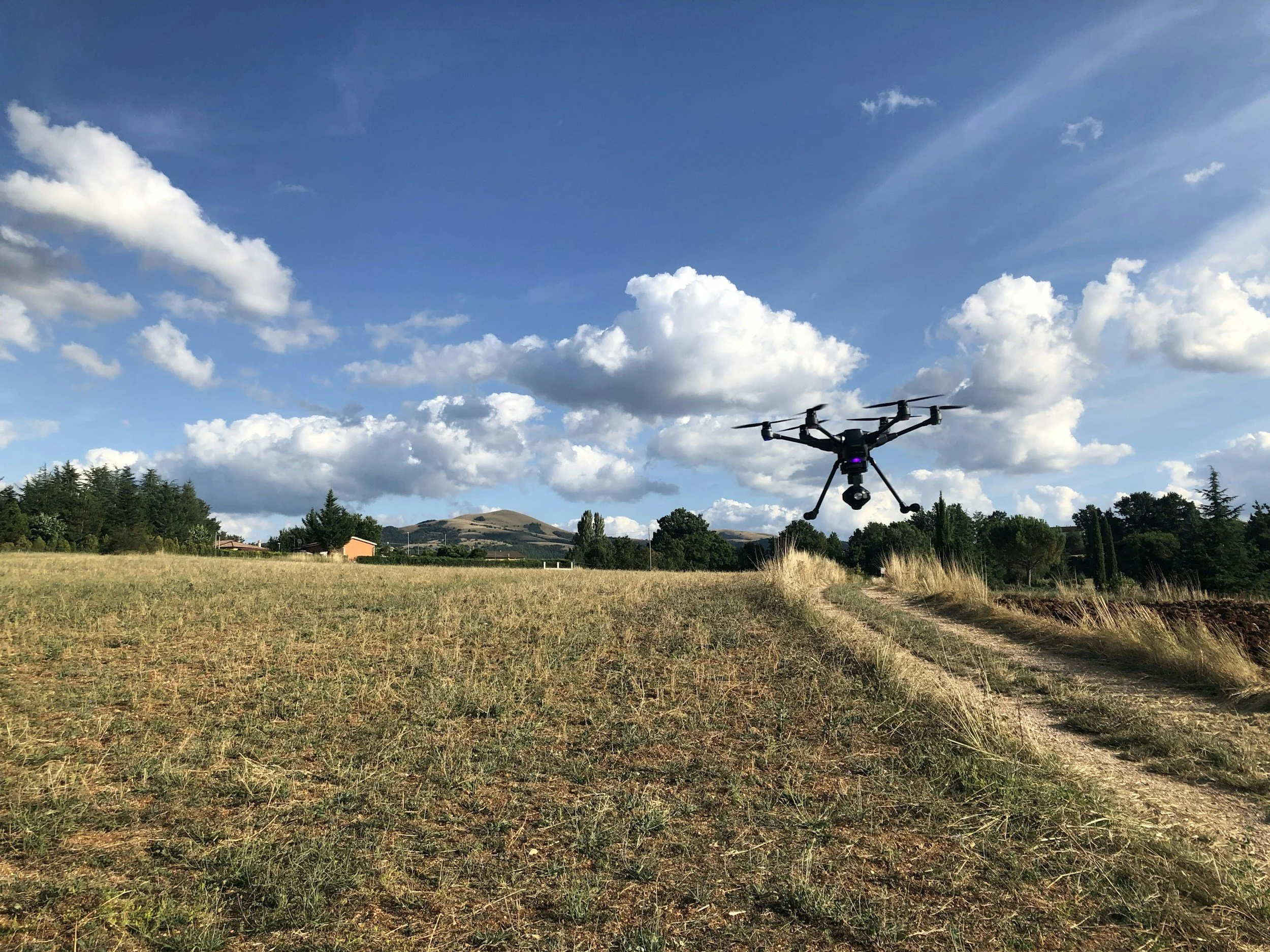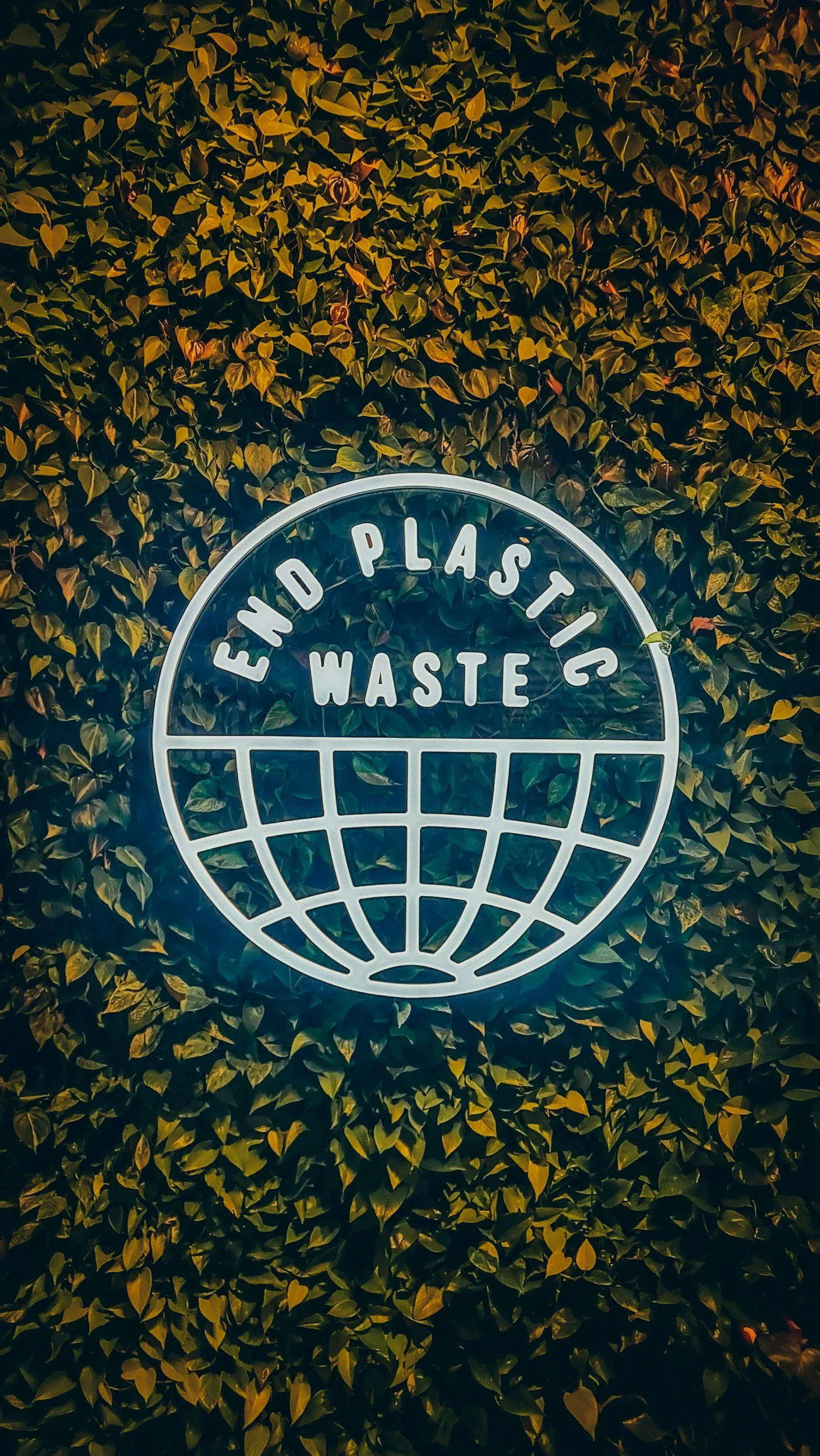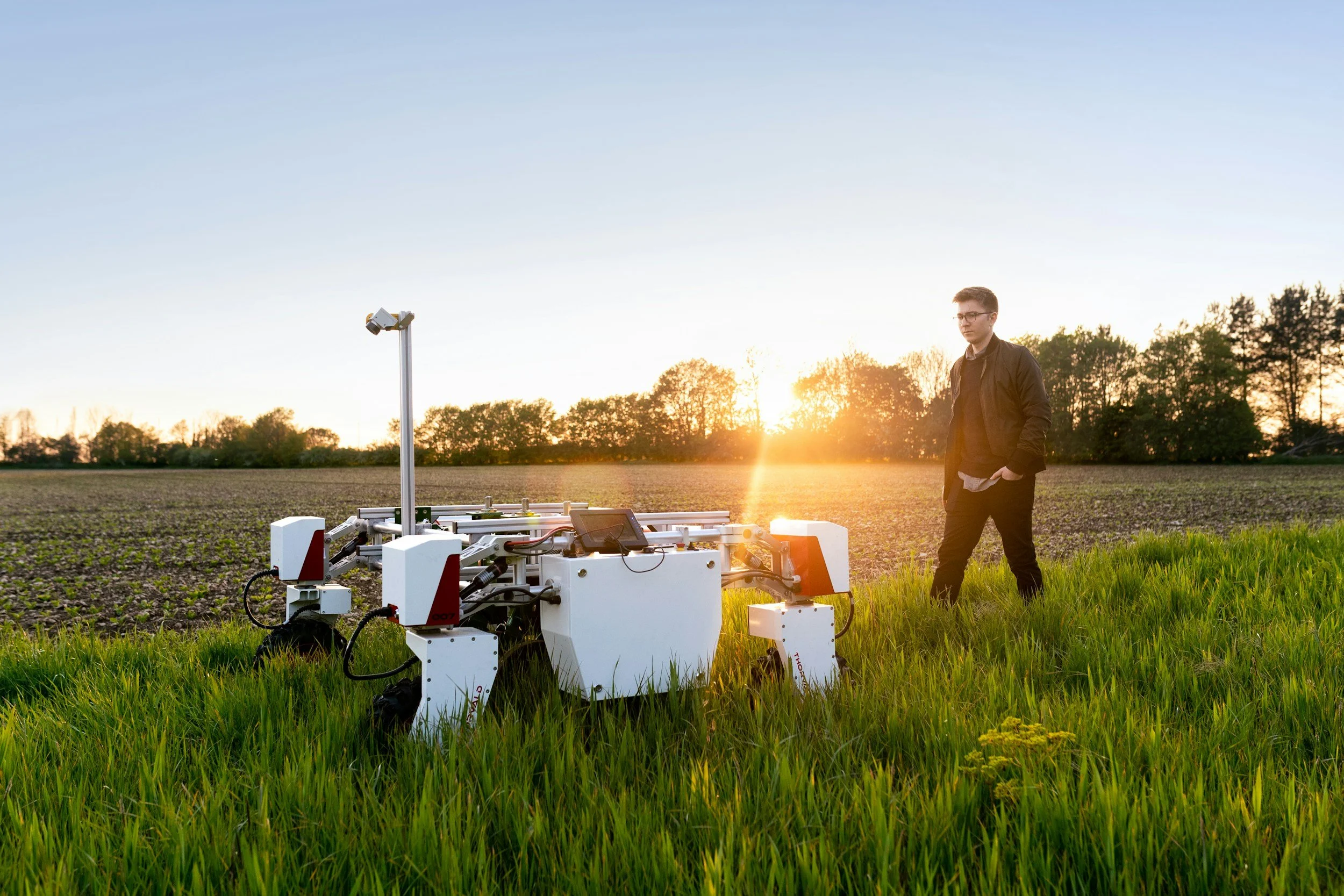Is CBD Organic and Eco-Friendly?
/guest post by Crystal Willson
(photos from Pixabay)
Climate change due to global warming is becoming a concern around the world. Due to this, the health of our planet is depleting. Statistics suggest that one of the “biggest sources of global emissions is agriculture.” This also includes the production of cannabis.
One of the most popular varieties of cannabis is hemp, which contains a high amount of a compound called cannabinoids (CBD). It is famous for its medicinal properties. Due to this, the production of hemp has increased over the years.
However, these industries are also putting a significant impact on our environment, so we need to determine if CBD is organic and eco-friendly. Before looking at the answers, let’s first understand what CBD is.
What is CBD?
CBD is the abbreviation of the chemical compound cannabidiol. It is present in hemp as well as marijuana. Both belong to the cannabis plant family. Hemp-derived CBD is termed as legal whereas marijuana-derived CBD is still illegal in some regions of the world.
THC is another compound present in both plants. This is the compound responsible for the psychoactive after-effects of cannabis. The concentration of THC in hemp is quite less, whereas in marijuana it is large, which is why one feels ‘high’ when marijuana-based products are consumed.
Production of Hemp
Most of the agricultural operations of marijuana take place indoors, as control is required for growth factors such as temperature, water, and soil nutrients. To achieve this, marijuana farmers install HVAC systems. Hence, energy consumption is quite high in the production of marijuana.
But hemp is far easier to grow. It’s an ancient plant and farmers have been cultivating it for ages. Even small family farmers find this production reasonable. Hemp is mostly grown outside because it maximizes plant size. Additionally, hemp doesn’t need a large quantity of water, unlike other crops.
Effects on the Environment
Growing hemp puts considerable strain on the environment. Although it requires fewer resources than marijuana, it may not be sustainable. This is because a small quantity of CBD requires a large amount of hemp. To be profitable, farmers need to grow huge amounts of hemp and require a much larger space to grow it.
In short, the production of hemp is expensive and inefficient. This is largely because the ROI on the production of hemp is pretty low, making it less favorable for farmers to cultivate.
The Silver Lining
Rising demand for CBD has brought many improvements in its production. With the increasing knowledge of CBD’s medicinal properties, its development is becoming a major focus of the industry.
In fact, companies are working to optimize the process of its formation. As per Healthcare Weekly Magazine, the hemp industry has the potential to become a profitable industry. In fact, they have started to become more transparent in showing their sources of CBD. Thus, customers have the option to choose an organic and sustainable product.
So, is CBD Eco-Friendly?
Because of the high demand for CBD, it is increasingly important to know how it was produced in the first place. The more we know about the production of CBD, the more we can understand whether the processes involved are eco-friendly.
Hemp grows outdoors and requires less water as compared to other crops. This plant has a wide utility that farmers make use of. Every part of hemp is useful in the production of a specific commodity. For example, the fibrous part is used to create ropes and textiles. Also, the seeds are full of fatty acids that are healthy to consume.
In addition, hemp requires a small area of land, but production output is high. It does not even require pesticides because it has long roots deep into the earth. In fact, a study suggests that hemp can get rid of heavy metal traces in the soil due to its taproots.
Hemp has been scientifically proven to process an enormous amount of carbon. They are akin to a biomass plant that stores carbon. Thus, hemp plants remove carbon from the air. For this reason, industrial hemp plants find their application as biofuels. Further, hemp provides stabilization of the soil near its region. That’s why it has been used in China for many years to control soil erosion.
How to Choose Better?
Currently, the CBD industry business is expanding at a fast pace. Today you can see CBD products in many markets in a variety of forms. Even some of the good brands and online stores, such as D8 Super Store, are offering budget buds at affordable prices.
The number of companies producing CBD products will only increase in the coming years. However, as a customer, you should consider a few things before buying CBD products.
The process involved the source of CBD
The method of packaging
The brand’s sustainability
The Bottom Line
Marijuana and hemp differ in their composition even though they belong to the same class of plant. While hemp is low in THC, marijuana has a high amount. The key here is that the production of CBD from hemp is much more cost-effective than marijuana. It is true that only continuous development in this field will result in more eco-friendly ways to produce CBD-based products.
Crystal Willson is a full-time content marketing specialist. She has been closely monitoring the cannabis industry trends for quite some time. She has worked in various domains before the cannabis industry. On her off days, she likes to spend her time with her family, lift weights, and reading novels.
Like this? Please pin!




